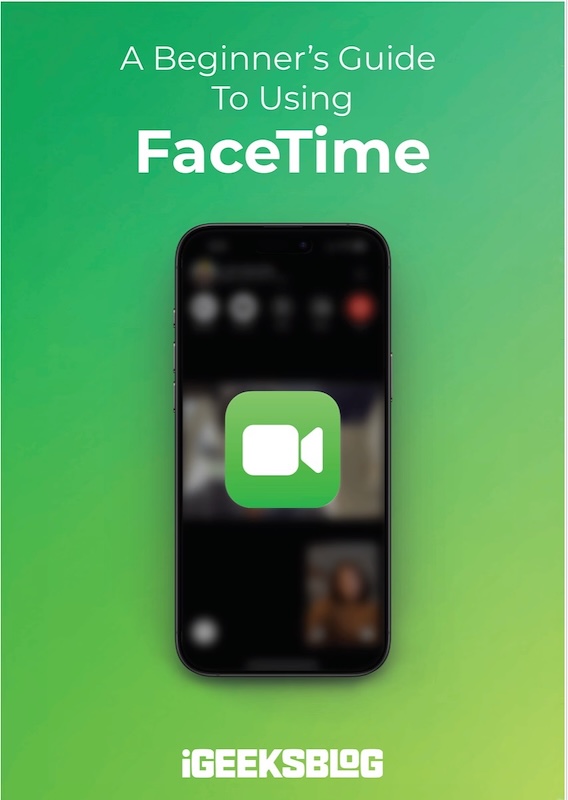
FaceTime Like a Pro
Get our exclusive Ultimate FaceTime Guide 📚 — absolutely FREE when you sign up for our newsletter below.

FaceTime Like a Pro
Get our exclusive Ultimate FaceTime Guide 📚 — absolutely FREE when you sign up for our newsletter below.
Apple’s ambitious Siri redesign faces internal testing challenges and leadership changes, delaying its rollout and sparking doubts about its readiness.
Apple’s long-promised AI-powered Siri revamp is facing new internal doubts. According to Bloomberg’s Mark Gurman, several Apple engineers testing the upcoming iOS 26.4 build have expressed concerns about Siri’s performance, raising fresh questions about whether the assistant’s big overhaul will be ready in time for release.
The redesigned Siri is a major part of Apple’s broader push into generative AI under the Apple Intelligence banner. Announced at WWDC 2024, the new Siri is meant to become smarter and more personal, with features like on-screen awareness, personal context, and in-app controls. In demos, Siri could pull details from apps like Mail or Messages to answer questions about things such as flight times or lunch reservations.
Originally planned for iOS 18.4, the rollout was delayed multiple times as the company continued to refine its AI features. Apple CEO Tim Cook had assured users that progress was steady, but insiders now suggest the assistant’s performance still isn’t up to expectations.
Gurman reports that some Apple engineers testing iOS 26.4 have doubts about how well Siri currently performs. While he didn’t specify the issues, internal testers reportedly find the experience inconsistent. With iOS 26.4 expected to arrive in spring 2026, Apple still has months to improve, but the skepticism among testers indicates the challenges are not small.
Adding to the tension, Apple is said to have two teams working on different versions of Siri: one powered by Apple’s on-device models and another using Google’s Gemini through Private Cloud Compute. This internal competition, reportedly dubbed a “bake-off,” highlights the company’s struggle to settle on the best approach.
Apple’s AI journey has been rocky compared to rivals like Google and OpenAI. The company has faced a drain of AI talent to competitors, along with leadership turnover. Senior executive Robby Walker, who played a key role in Siri’s development, reportedly left Apple last October. The company is also still seeking a replacement for AI chief John Giannandrea, whose leadership has been under scrutiny.
These ongoing internal shifts have slowed progress, contributing to delays and uncertainty about the final version of Siri. Apple’s cautious approach may help avoid public embarrassment but has also left the company lagging in a fast-moving AI race.
For now, the new Siri is still expected to debut with iOS 26.4, but that timeline isn’t guaranteed. Apple has been testing new AI models and experimenting with the Model Context Protocol, which could help Siri better understand context and respond intelligently.
If successful, Siri could finally become the proactive digital assistant Apple has long promised, one that understands your habits, interacts naturally, and performs complex tasks across apps. But given the current concerns, it’s clear Apple’s path to that future is still uncertain.